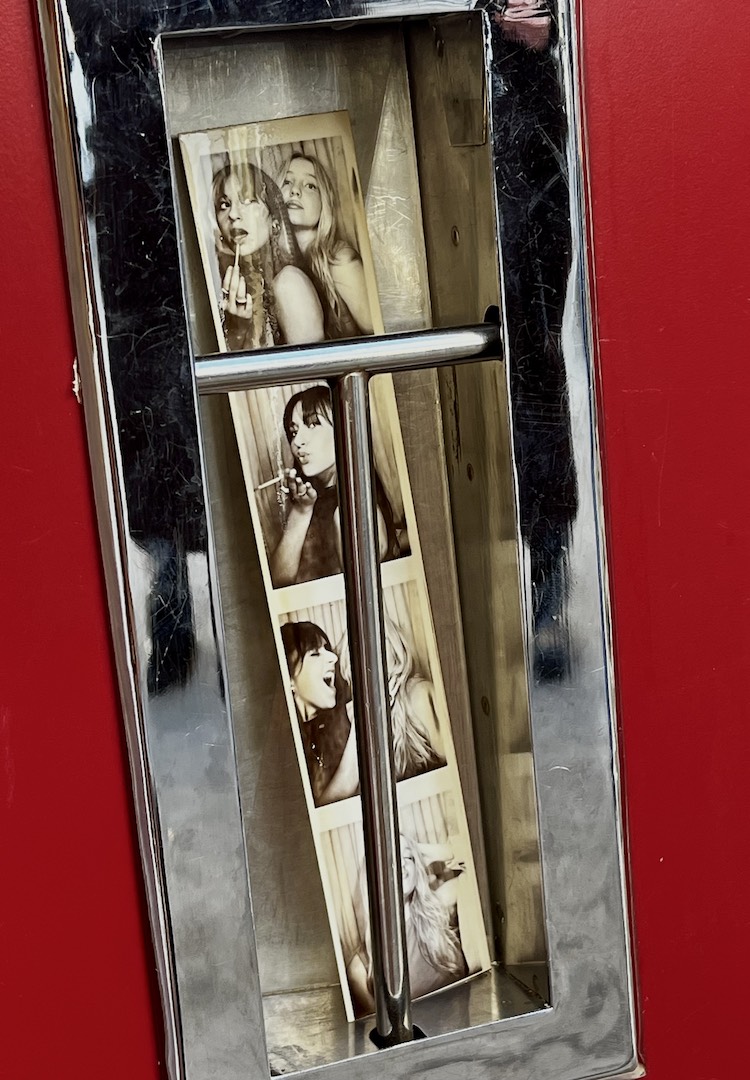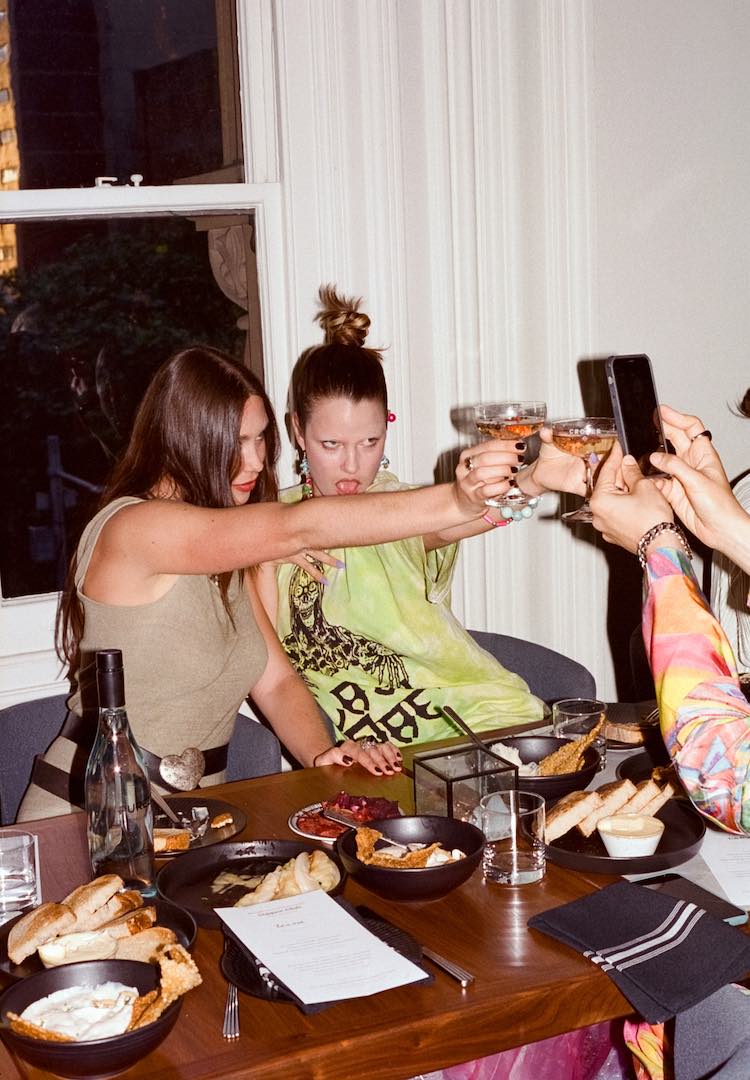How to keep up when all your friends earn more than you
WORDS BY KIRSTY THATCHER
“After rent, bills and groceries, there is little left over for the fun most of my friends seem to effortlessly take part in.”
There’s a certain expectation that comes with being in your 20s to say yes to dinners, drinks, holidays and other social pleasures without a second thought – to really live life to the fullest. But this kind of fun comes at a cost. So, what happens when you can’t keep up with the spending habits of your friends?
A long lunch on Saturday. Spontaneous drinks on Thursday. A friend’s fundraising ball calls for a new dress. A birthday present (she’s turning 25, so we’re all putting in a little bit more to get her something nice). Each week, these are the sorts of occasions I splurge on, while my savings account begs me to stop.
For more content like this, tap through to our Life section.
I’m 24 and work in publishing, an industry notorious for precarity and tight salary margins. As a result, my monthly income is relatively low. This, coupled with the rising costs of city living, means that after rent, bills and groceries, there is little left over for the fun most of my friends seem to effortlessly take part in.
The social cost
Despite my best efforts, there are times (usually towards the end of the month, when I’m trying to stretch the dredges of my pay cheque before the next one comes in) when I have to say no to whatever social occasion is on offer.
And while turning down plans ignites a fiery pit of FOMO in my extroverted soul, when it’s money (or lack thereof) related, there’s another layer I’ve noticed to this feeling: shame. It’s hard not to tie a little of our self-worth to the number in our bank account. After all, in our capitalist society, social status is intimately linked to financial standing.
Unsurprisingly, a 2021 study found that while higher income correlated with increased feelings of pride and confidence, lower income had the opposite effect. And so, while I love my field of work, I find myself furious that I’ve been brainwashed by a romanticised view of writing, thanks to Carrie Bradshaw and her lavish life of parties, shoes and Vogue instead of dinner.
This is usually quickly followed by an uncomfortable spiral of ‘what ifs’, where I’m left wondering if everything would be simpler, better even, if I’d chosen a more ‘financially sensible’ career.
The hard truth
A friend of mine recently confided that she had been blindsided when the cost of her friend’s birthday lunch was revealed to be much higher than expected. “It wasn’t until I arrived that I realised we had been booked in for the $90 per person banquet. And that didn’t include alcohol,” she said. Rather than share with the birthday girl – a close friend – that she hadn’t budgeted for this, she opted to participate in the banquet, and face the consequences of unexpectedly dipping into her savings later.
I, too, am guilty of this outlook. Somehow, admitting that I can’t afford something feels uncouth, like I’m revealing an ugly truth about myself. And it seems we’re not alone. The ABC reported that, in conversation with close friends, women were more comfortable sharing intimate details of their sex lives and marital problems than their financial situations.
So how can we open the conversation around finances with friends, in a way that leaves both us and them feeling at ease? Talking to Cosmopolitan, Alex Holder, author of Open Up: Why Talking About Money Will Change Your Life, says transparency is key. “Be honest from the start. Unless you say something, you can’t expect them to guess.” So, when plans arise that feel financially out of reach, the first step is to openly admit your limitations.
Importantly, says Holden, this doesn’t need to include every aspect of your bank account. Instead, he suggests, reclaiming the situation by peppering your social calendar with activities that won’t break the bank. This could look like offering to host a potluck dinner at your house instead of going out to a restaurant, attending a free art exhibition with a group of friends or planning ahead and only going to the movies when they have cheaper deals.
If there’s anything that my financial situation has taught me, it’s that there is a joy to be had in the small things. Some of my favourite memories have taken place over a bottle of cheap wine at home, rather than at a five-star restaurant. And if your friends care about you and your quality of life (which they should), then they’ll be open to making these adjustments a few times a month.
So, the next time an awkward money situation arises, perhaps honesty really is the best policy. The more we normalise these conversations, the less stressful they will become.
For advice on how to save money on a tight budget, try this.













